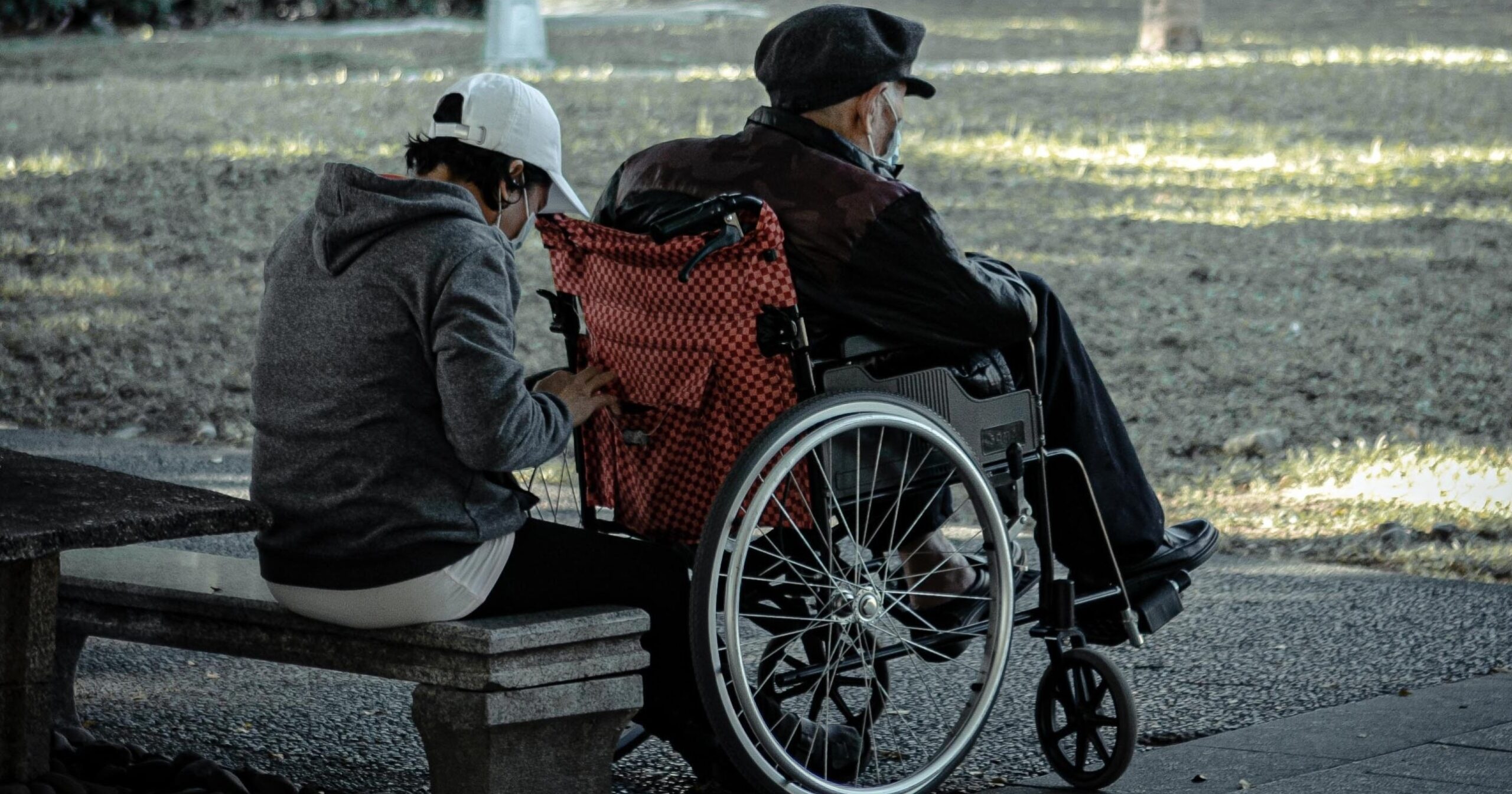For anyone caring for a person – a grandchild, child, aunt, uncle, or another relative – with an intellectual or developmental disability (I/DD), a gnawing question is: “What happens to my loved one when I’m gone?”
A recent NPR story (https://n.pr/3AUr4sF) explored some challenges and the importance of planning a future for someone with I/DD.
It’s a formidable task because you must consider and address every aspect of a person’s life.
If you’re the caretaker of someone with I/DD, one starting point for developing a long-term care plan is the Arc’s tool (https://bit.ly/3XCzPBH), Build Your Plan®.
It takes you through the step-by-step, asking you to consider everything from housing and finances to a person’s daily living issues, employment, and social connections.
The Arc, an advocacy group for people with intellectual and developmental disabilities, has 600 chapters across the country.
The plan should consider everything about a person’s life, including:
• Daily routines, needs, and support
• Finances, including the family’s assets, income, trusts, and insurance policies, as well as public benefits
• Medical history
• Education history
• Details about employment, leisure activities, religious beliefs, behaviors, interests, friendships, and important relationships
If you’re concerned about where your loved one will live, the Build Your Plan® housing tool can point you in the right direction.
It asks you to create a wish list for a future home and to identify potential hurdles. The process includes determining whether independent living, a group home, or apartment life with a roommate is appropriate and identifying who can act as a person’s housing advocate.
It also encourages you to consider some key questions, including:
• Where does your relative want to live in the future? What support will they need to live in that setting?
• Is your person enrolled in or eligible for public services or benefits?
• Will current assets and future financial gifts, such as an inheritance, jeopardize your loved one’s public benefits?
• How can your relative maintain social connections and build new ones in the community?
In addition, you can find tips on choosing lawyers who can advise you on the legal issues.
Once you’ve worked through the entire tool, you walk away with the to-dos you need to work on and a view of the future.
Though the process is complex and daunting, others have successfully navigated the difficult questions and have shared their experiences through videos (https://bit.ly/3FdWZqU).
Lasagna Love
The holiday season and new year are times when people have a heightened sense of community service and look for ways to help others by donating time, money, and goods.
But giving and receiving can be a year-round thing.
Lasagna Love (https://bit.ly/3inN74P), for example, is a non-profit group that enables neighbors to help neighbors by making and dropping off a tray of lasagna.
The group is the brainchild of Rhiannon Menn, who was motivated to respond to the challenges in her community brought on by the COVID pandemic.
In 2020, she started making and delivering lasagna to struggling local families. The idea bloomed into a movement and now has volunteers in three countries: Australia, Canada, and the United States.
To date, volunteers have delivered more than 250,000 lasagna trays.
Lasagna Love is designed to help anyone in need of a meal for any reason and to spread happiness and love.
The process is dead simple.
The Lasagna Love site connects people looking for a meal with locals willing to provide one. Then, the volunteer makes lasagna and delivers it.
It seems especially relevant to those in a caregiving role or older people facing cooking challenges.
So, if you’re a caregiver struggling to get a meal on the table or you’re a senior just returning home from the hospital and need dinner, consider requesting a tray of lasagna.


